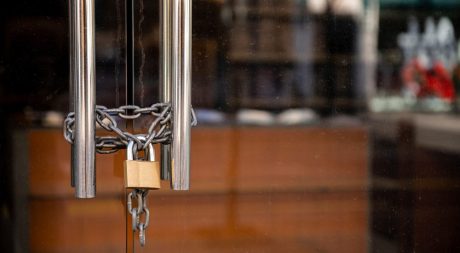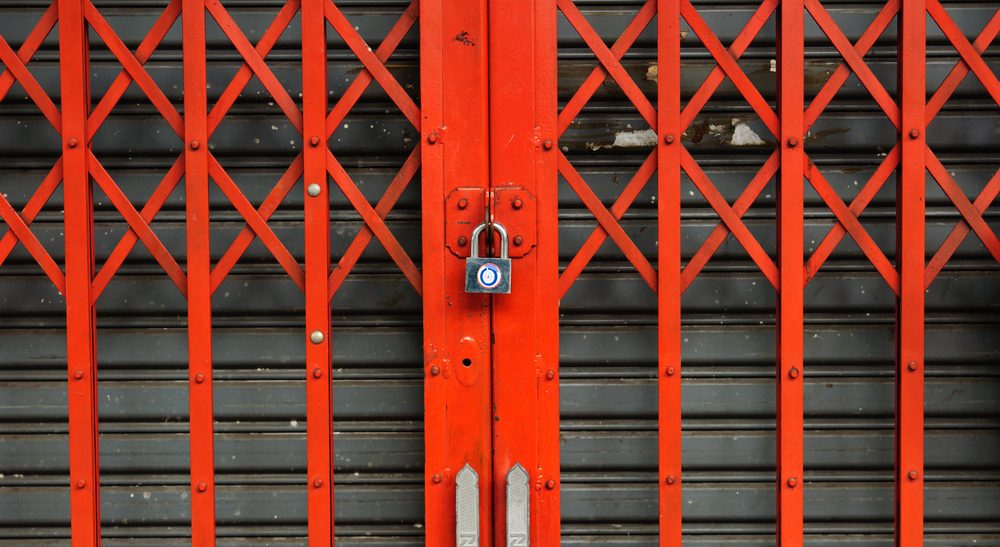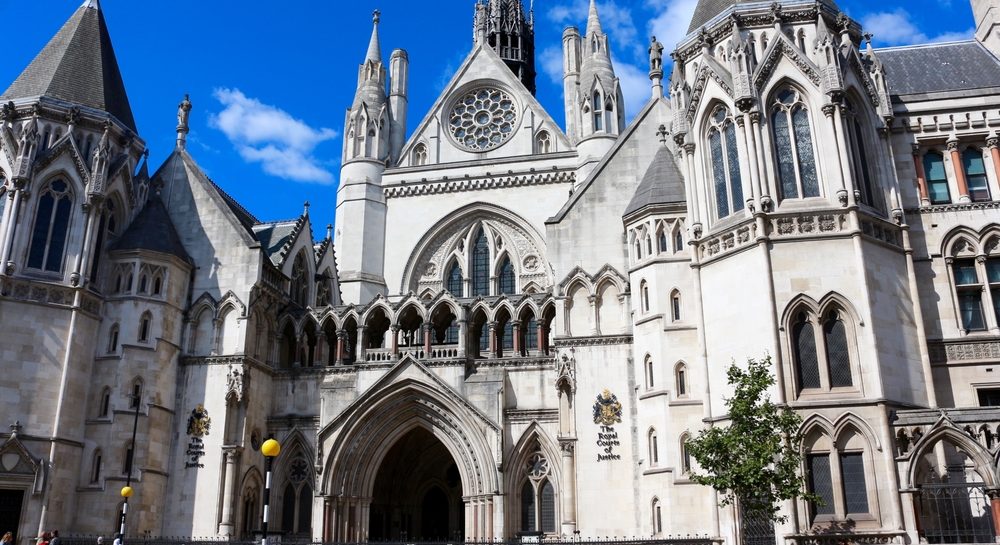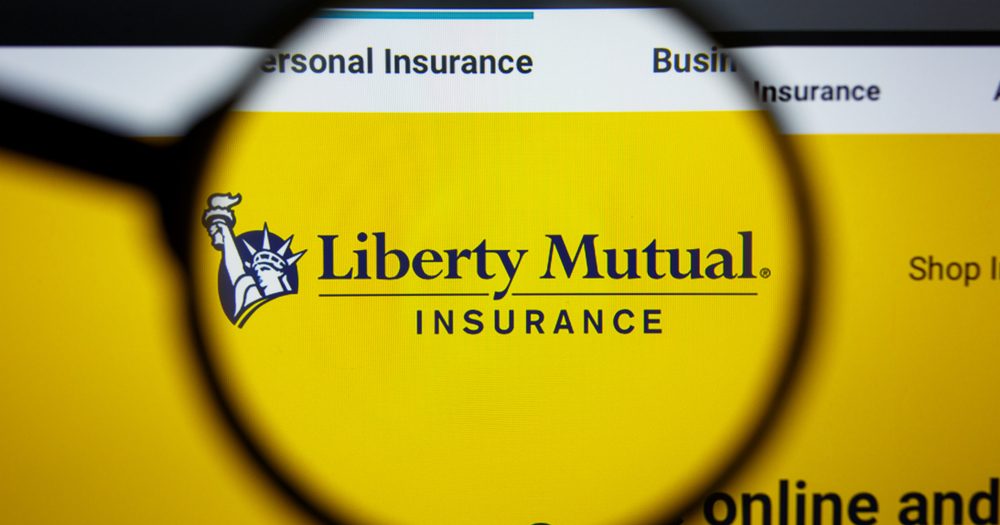Aaron Le Marquer and Chloe Derrick, partners in our Policyholder Disputes team, spoke to the Yorkshire Post about the impact of Covid on Yorkshire businesses – and how some may still be able to make a claim on their insurance.
When the UK went into lockdown in 2020, many thousands of businesses up and down the country were forced to close their doors to the public, with no idea when they’d be able to reopen them again. Retail and hospitality were especially hard hit – restaurants had to pivot to only selling takeaways, and many pubs and shops had to halt trading completely.
For many, the early days of Covid-19 now feel like a lifetime ago, but the effects of lockdown still weigh heavy on many small business owners. Having now also been hit with an aftershock of soaring energy costs and inflation, many of these businesses have struggled to keep afloat. Some have already gone under: official statistics released by the Insolvency Service suggest that more UK companies went bust in 2023 than in any year since the Great Recession.
Government support including the furlough scheme was one safety net for companies during the Covid chaos, but that’s long since been exhausted. Another potential lifeline is insurance – particularly for business interruption.
“Hundreds of thousands of businesses held insurance which covers for ‘prevention of access’, ‘infectious disease’ and other factors which prevent trading,” says Aaron Le Marquer, Head of Policyholder Disputes at Stewarts. “Many of these policyholders therefore logically expected that the Covid-19 lockdowns would trigger the terms of their insurance, and that they’d be compensated for the ensuing losses.”
The insurance industry had other ideas. Many large insurers sought to avoid their liabilities to businesses either by arguing that pandemics were excluded from policy wordings, or using narrow definitions of terms in contracts to try and minimise the value of payments. The stage was set for a legal clash to answer the question…
Are businesses owed insurance money after lockdown?
If you’ve read the title of this article, you’ll know that the short answer is ‘yes’. As early as January 2021 the Supreme Court ruled that most insurance wording did cover losses caused by the Covid-19 pandemic, entitling businesses up and down the country to potentially life-saving payouts from their insurers.
Despite this early victory, the battle between policyholders and insurers has raged on. “Subsequent cases have considered whether specific policy wordings apply to Covid, and how much money a business can claim on those wordings,” Stewarts Policyholder Disputes partner Chloe Derrick explains. “The court has in many of those cases ruled that policyholders are indeed owed money by their insurers.”
The end of the road is now in sight for Covid-19 BI litigation. Later this year the final significant appeal will be held – the biggest issue in question is whether insurers are entitled to ‘bank’ the furlough money paid by the government to businesses.
Businesses including those represented in the litigation by the Stewarts team argue that the intention of furlough was to support businesses and save jobs, not to subsidise insurers. Whether or not the court agrees with this, or the insurers’ argument that businesses would be overcompensated if furlough payments are not deducted, is still to be decided.
Either way, it remains the case that huge numbers of businesses – hundreds of thousands according to the most recent FCA estimates on how many policies have paid out – could still be entitled to Covid-19 business interruption compensation from their insurer. “In the majority of these cases the legal argument has already been settled, and bringing a claim need not be an onerous process,” Aaron notes.
How to make a Covid-19 BI insurance claim
Step one, collate the company’s insurance documents. The relevant wording for a BI claim will be found in ‘non damage’ clauses, which will usually include references to notifiable or infectious disease, denial or prevention of access and/or ‘action of competent authorities’. Businesses with insurance policies that include such wordings may have a claim.
To understand how viable that claim is, and the size of the payout the business might be entitled to, the owner will require legal and forensic accountancy advice. Combining both in an easy-to-access offering for small businesses, Stewarts has launched a Covid Claims Service to make the process of bringing a claim as straightforward as possible.
Lawyers in Stewarts’ Policyholder Disputes team have been advising businesses in many of the major Covid-19 business interruption cases as they have progressed through the courts, securing payouts for clients including London’s ExCeL exhibition centre and department store Liberty. Creditors of companies in liquidation may also be able to access financial redress from insurers and can receive advice from specialist insolvency disputes lawyers.
“Businesses which have had an insurance claim denied or put on hold might be eligible for an insurance payout, as might those yet to attempt a claim,” Chloe adds. The Covid Claims Service has no up-front costs and services are provided on a ‘no win no fee’ basis, to ensure small businesses can access the best possible expert advice on a level footing with the large companies that have already secured payouts.
In the midst of a threatening economic climate, a potential payout on business interruption insurance could provide a much needed boost. Business owners who think they may have a claim should sign up to the Stewarts Covid Claims Service to determine their eligibility.
You can find further information regarding our expertise, experience and team on our Policyholder Disputes page. If you require assistance from our team, please contact us.
Subscribe – In order to receive our news straight to your inbox, subscribe here. Our newsletters are sent no more than once a month.







